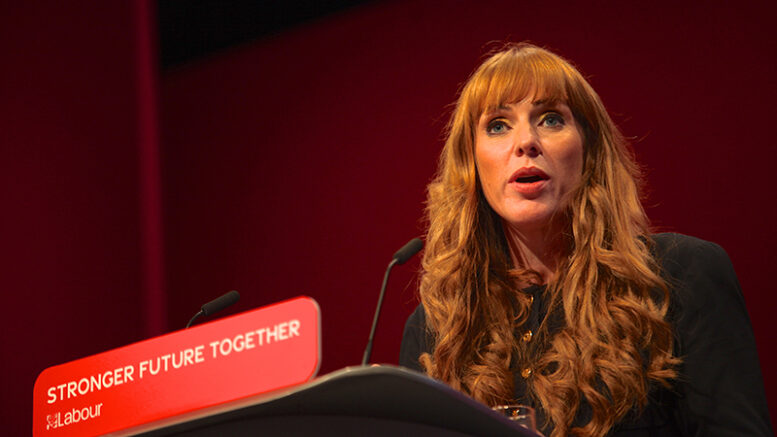Angela Rayner, the Deputy Prime Minister and Housing Secretary, has admitted underpaying Stamp Duty on an £800,000 seaside flat in Hove, East Sussex. The error could leave her facing a tax bill of up to £70,000 and places fresh scrutiny on the Government’s housing policies - particularly sensitive for landlords already battling higher property taxes.
Stamp Duty dispute over second home status
Rayner declared the flat in Hove as her main residence, even though she continues to own a family home in Ashton-under-Lyne near Manchester, where her children live. That decision meant she paid the standard rate of Stamp Duty - around £30,000 - instead of the higher rate applied to second homes, which could almost double her bill.
In a statement to The Guardian, Rayner admitted: “I acknowledge that due to my reliance on advice from lawyers which did not properly take account of these provisions, I did not pay the appropriate stamp duty at the time of the purchase. I am working with expert lawyers and with HMRC to resolve the matter and pay what is due.”
The case raises eyebrows for landlords, many of whom have faced the 3% surcharge on additional properties since it was introduced in 2016. Unlike ministers, landlords have no option but to absorb the charge or pass it on through higher rents, creating what many see as a double standard in housing policy.
Political fallout and pressure on government housing plans
Rayner has referred herself to the independent adviser on ministerial standards, saying she “deeply regretted the error” and wanted to provide transparency. However, the controversy threatens her position just as she spearheads the Government’s pledge to build 1.5 million homes over five years.
For landlords, this political drama comes against the backdrop of rising scrutiny over second home ownership. The Government has granted local councils the power to double council tax on second homes in areas where local buyers are priced out - a move which many landlords argue penalises investment while doing little to address underlying supply shortages.
Landlords question fairness in Stamp Duty system
For investors in the buy-to-let market, Rayner’s predicament will feel familiar. Landlords regularly face stiff financial penalties for minor compliance errors, from licensing paperwork to mortgage interest relief rules. Yet, as one landlord in Brighton told us: “If I made a £40,000 mistake on Stamp Duty, HMRC would come down on me like a ton of bricks. Ministers should be held to the same standard.”
The episode is likely to fuel further debate about whether current tax policy on property investment is sustainable. With mortgage refinancing costs rising and the Renters’ Rights Bill edging closer to law, landlords will be watching closely to see if political leaders face the same accountability demanded of private investors.
Editor’s view
Angela Rayner’s tax misstep highlights the deep contradictions at the heart of UK housing policy: ministers advocating higher property taxes while struggling to manage their own liabilities. For landlords, the lesson is a familiar one - property taxation remains complex, costly, and unforgiving. The question now is whether political short-termism will continue to punish investors who provide the very homes the market desperately needs.








